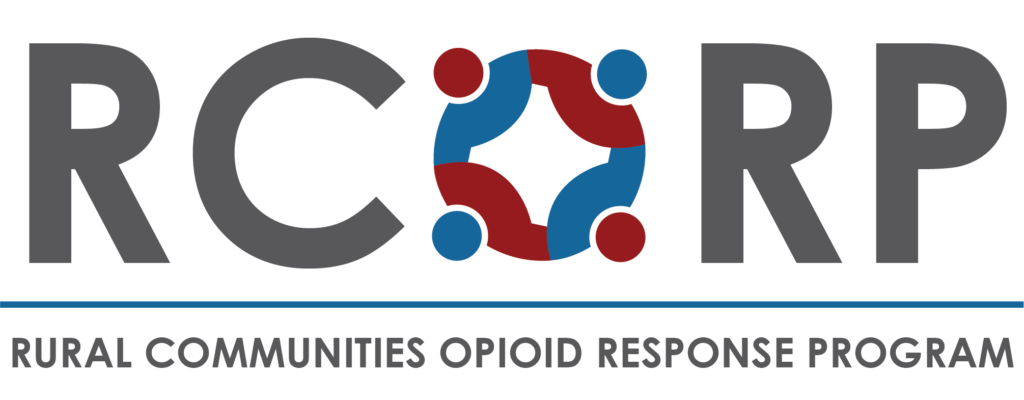Insurance for Recovery Housing
Buying insurance for your recovery house.
What Agencies and Providers Are Saying About the Dangers of Xylazine
“Federal and state agencies, local health departments, and health care providers across the country have become increasingly concerned about the rise of xylazine, an adulterant often found in combination with fentanyl and also mixed with heroin, stimulants like methamphetamine and cocaine, and other substances.” This article discusses the effects of xylazine, why it poses a danger, as well as distribution patterns, approaches to testing for xylazine, and strategies to address its presence in the illicit drug supply.
Improving Prevention and Care Outcomes for LGBTQ People: Safer Spaces and Better Data Collection
This article describes key points in a presentation given by Dr. Blosnich (Assistant Professor and Director of the Center for LGBTQ+ Health Equity at the University of Southern California’s Suzanne Dworak-Peck School of Social Work). Dr. Blosnich discussed “how LGBTQ people with SUD contend not just with stigma related to SUD, but with stigma related to sexual orientation and gender identity (SOGI), which can be unintentionally yet overtly part of the health care experience in rural areas.”
Tony Hoffman Highlights the Cost of Institutional Stigma
This article summarizes the main points from a keynote address at the Taking Action Summit in 2022.
“Tony Hoffman says he’s grateful for the insight he gained from experiencing homelessness. The co-founder of pH Wellness, who delivered a keynote at the Taking Action Summit, reflected on how his substance use disorder (SUD) eventually led to homelessness and how that experience gave him perspective on the stigma faced by people in similar circumstances. Instead of blaming people, he feels a sense of compassion and empathy. Rather than judging them, he wonders about the source of the pain that led to SUD.”
For Two Award Winning Authors, Community is Crucial to Overcoming the Opioid Crisis

This article summarizes important points from the keynote speeches given by two award-winning authors at the Taking Action Summit in 2022.
“Sam Quinones and Beth Macy have spent much of their careers as journalists and authors covering this nation’s overdose crisis. Quinones’s works include his bestseller Dreamland and new book The Least of Us, and Macy’s include her bestseller Dopesick, which became a series on Hulu, and recently released Raising Lazarus. Although these authors have focused on different aspects of the crisis, in their keynote speeches they shared an overarching conviction. Community engagement—and the sense of purpose and belonging it gives rise to—is capable of turning the tide.”
A Campaign to Reduce Stigma
“Individuals impacted by opioid use disorder (OUD) met with artist Charmaine Wheatley to have their portraits painted. These portraits include the words of these Appalachian community members to humanize the crisis, thereby reducing the stigma associated with OUD.”
Insurance for Recovery Housing
Purchasing insurance for your recovery house is different from insuring your own home. Recovery housing insurance is nuanced and may require discussions with your board and insurance agent, and not all insurance agents are skilled in recovery housing insurance. You may have to look at other insurance companies to get appropriate coverage.
Insurance for Recovery Housing
This course provides you with an overview of the different items you should investigate as you seek to obtain insurance for a recovery housing site.

